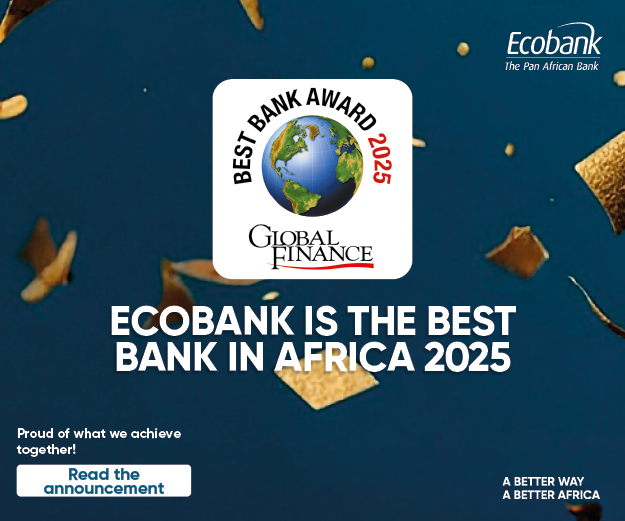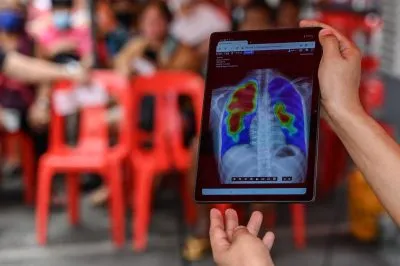South Africa has secured 1.5m doses of the Oxford-AstraZeneca vaccine to fight the deadly coronavirus pandemic, a government official said on Thursday.
The government will receive 1m doses of AstraZeneca’s AZN.L vaccine in January and 500,000 in February from the Serum Institute of India (SII), South African health minister Dr Zweli Mkhize said in a statement.
The country’s 1.25m health workers will be prioritised in a phased roll-out along with the most vulnerable. The government hopes to acquire enough vaccines to inoculate at least 67% of the population in an effort to achieve herd immunity, a separate statement released earlier this week said.
Now that the first tranche of vaccines have been secured, the task is to engage stakeholders to secure vaccines for the rest of the 58m population, Mkhize added.
“Government is continuing its engagements with vaccine manufacturers to ensure the country’s needs are met,” he said in a statement.
South Africa is also attempting to acquire vaccinations through Covax – a global collaboration of governments, businesses and health and philanthropic organisations working to accelerate vaccine development, production, and equitable access for middle- and low-income countries.
Since its launch in September, 180 countries have signed up to Covax, 40 of which are African low-income countries.
The initiative, which plans to inoculate up to 20% of the population of participating countries, could “theoretically” be extended to cover 50% of the population, says Professor Greg Hussey, director of the University of Cape Town’s Vaccines for Africa initiative, but Covax depends on vaccine supply from pharmaceutical companies.
The programme has secured hundreds of millions of Oxford-AstraZeneca doses, considered by some experts as the best candidate for Africa developed so far due to the availability of required cold storage.
A down payment for vaccines to cover 10% of the population has now been made to Covax, after the government missed its payment window in December, a source on the Ministerial Advisory Committee for Covid-19 vaccines told African Business.
New strain “not a game-changer”
A new, more contagious strain of Covid-19, first found on South Africa’s east coast late last year, is driving a second wave of infections.
The results of a study by the Fred Hutchinson Cancer Research Centre in Seattle released on Tuesday found that the new strain carrying the mutation E484K “will have greatly reduced susceptibility to neutralisation by the . . . serum antibodies of some individuals”.
Despite their findings, which were not peer reviewed, Professor Hussey believes it unlikely that new strain can defy vaccines.
“It’s unlikely that the variants circulating would overcome the vaccine,” said Hussey.
“When you get a vaccine, the vaccine produces an immune response. Once we’re exposed to a virus the immune system kicks in and then hopefully overcomes the virus. The immune system will still respond to whatever variant it is.
“We have to see how the process evolves, but right now we don’t have a definitive answer. There may be some impact [of the new strain’s resistance to the vaccine] but it won’t be significant.”
A new laboratory study conducted by Pfizer found that the Pfizer/BioNTech Covid-19 vaccine appeared to be “effective” against the new rapid spread mutant strains.
This week, South Africa reached a grim milestone as deaths surpassed 30,000. New cases spiked at 20,000 in 24 hours, bringing the total number of cases in the country to 1.5m.
Want to continue reading? Subscribe today.
You've read all your free articles for this month! Subscribe now to enjoy full access to our content.
Digital Monthly
£8.00 / month
Receive full unlimited access to our articles, opinions, podcasts and more.
Digital Yearly
£70.00 / year
Our best value offer - save £26 and gain access to all of our digital content for an entire year!

 Sign in with Google
Sign in with Google 




